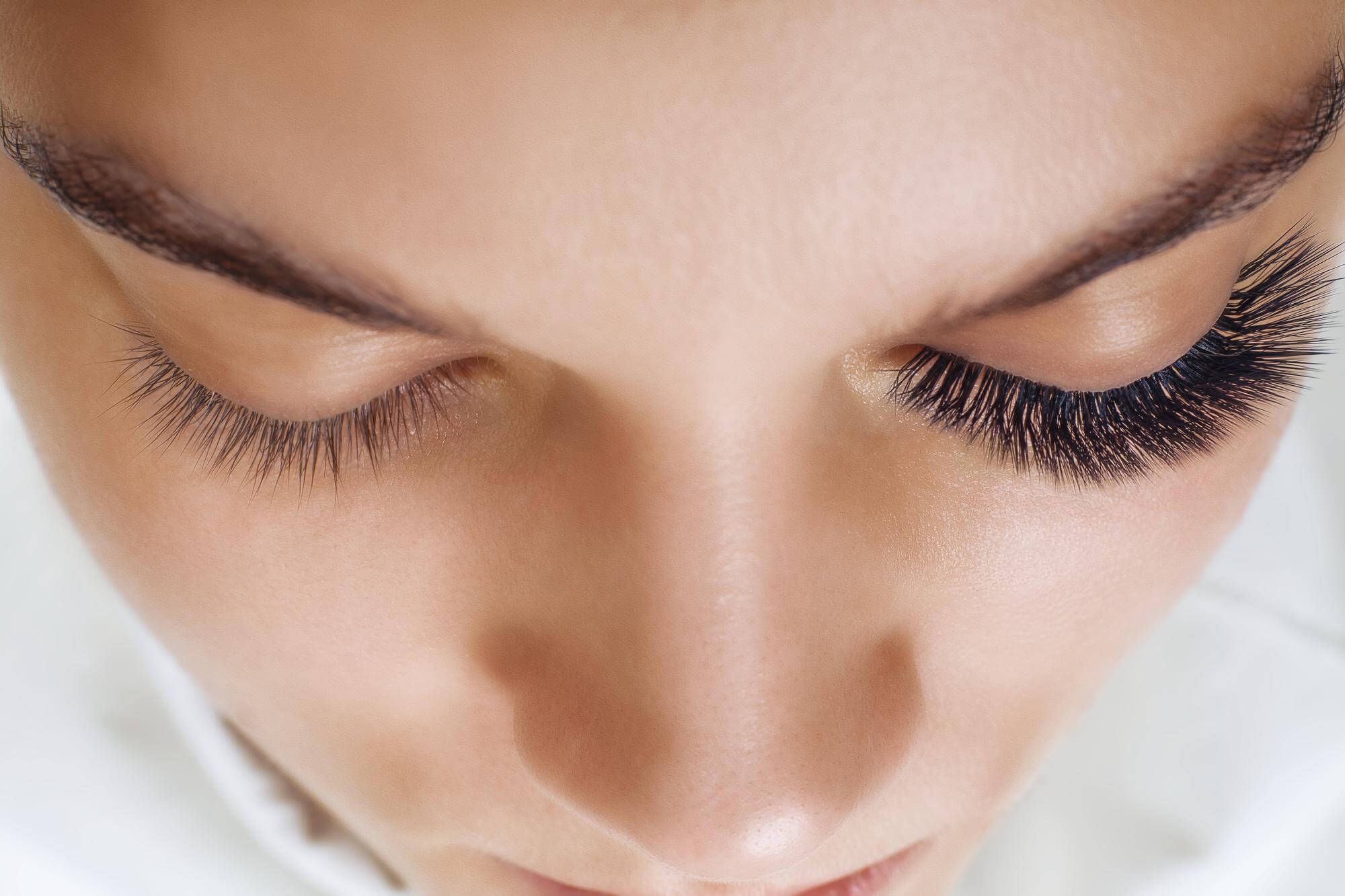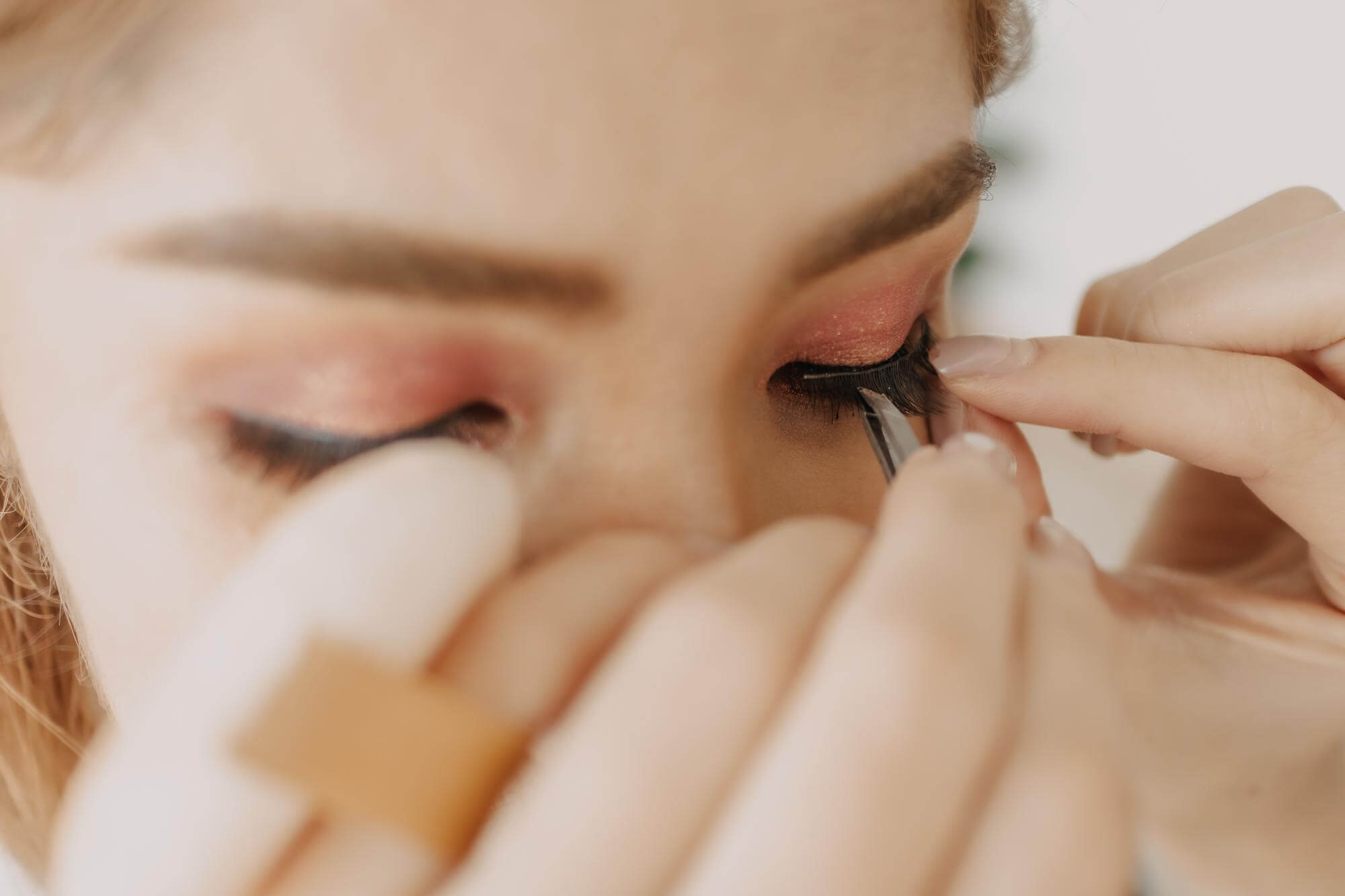How to prevent allergy to artificial eyelashes?


Eva Zakharova
Allergies to false eyelashes are becoming an increasingly common problem. In this article, we will detail the causes, symptoms and treatment of allergies to eyelash extensions, as well as alternative methods of eyelash care.
Types of allergies to false eyelashes
An allergic reaction to eyelash extensions can manifest itself in different forms.
- Contact allergy occurs when there is direct skin contact with the allergen. In the case of eyelash extensions, it may be a reaction to the materials used during the procedure.
- One of the most common types of allergies to eyelash extensions is an allergy to glue for eyelash extensions. The main allergen in the glue is cyanoacrylate.
- Allergies can also occur due to intolerance to the materials from which the artificial eyelashes are made.
Causes of allergies to false eyelashes
There are several main causes of allergies after eyelash extensions:
- Individual intolerance of certain components can cause allergies to false eyelashes.
- Using substandard materials and glue during eyelash extensions can cause an allergic reaction.
- Improper technique of eyelash extensions can cause allergies.
Allergy symptoms of eyelash extensions

Allergy to eyelash extensions can manifest itself by various symptoms:
- Itching and redness of the eyelids are some of the first signs of allergy to eyelash extensions. It is important to see a specialist when these symptoms occur to avoid further aggravation.
- Swelling and eye irritation can indicate an allergic reaction. In some cases, allergies to eyelash extensions glue can cause tearing and difficulty opening the eyes.
- Eyelash loss, especially in large quantities, is an alarming symptom and may indicate an allergy to false eyelashes.
Diagnosis of an allergy to false eyelashes
If an allergy to eyelash extensions is suspected, it is necessary to consult a specialist.
An allergist will perform the necessary tests to determine the cause of the allergy and prescribe the appropriate treatment.
Conducting allergy tests will help determine the specific allergen that is causing the reaction and suggest appropriate treatments.
Treatment and prevention of eyelash allergies

If an allergy to eyelash extensions is suspected, the artificial eyelashes should be removed first. This will help to reduce irritation and speed up recovery.
Antihistamines such as Cetirizine, Loratadine or Erius may be prescribed to relieve the symptoms of allergies. It is important to consult your doctor before using medications.
When choosing materials for eyelash extensions, it's worth giving preference to hypoallergenic options to minimize the risk of an allergic reaction.
Alternatives to eyelash extensions
If you're prone to allergies to eyelash extensions, consider alternative methods of eyelash care.
- Laminating and biotwisting lashes are safe treatments that can help give volume and curve to your lashes without the use of glue or artificial materials.
- Mascara for volume and length allows you to visually increase the volume of your lashes without the need for lash extensions. Choose hypoallergenic options to avoid allergic reactions.
In conclusion, allergies to false eyelashes are a serious problem that many women face. If you suspect an allergy to eyelash extensions, see an allergist for diagnosis and treatment. Take care of your eye hygiene, choose hypoallergenic materials, and consider alternative methods of eyelash care to avoid allergies and keep your eyes beautiful and healthy.
New materials
Popular Articles
We recommend reading
Contact us in the Contact Us section to ask questions, offer ideas, or for more information about our allergy resource.
Our articles are your trusted source of allergy knowledge. Learn how to make life with allergic reactions easier on our specialized portal.
©
Lechenie-Allergii.com. All rights reserved.
© Lechenie-Allergii.com. All rights reserved.
The information on this site is for informational purposes only and is not a substitute for professional medical advice. We recommend consulting with qualified medical professionals for accurate information and advice.
 English
English  Українська
Українська  Русский
Русский 









